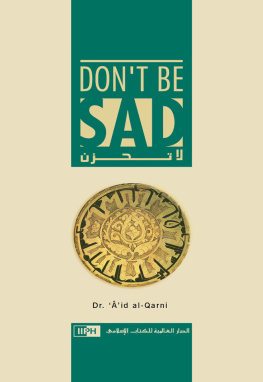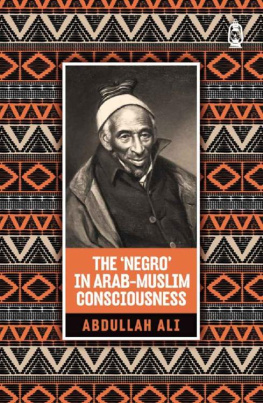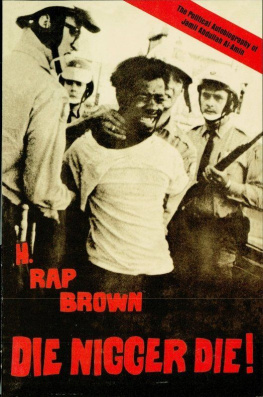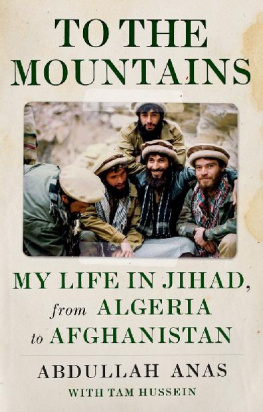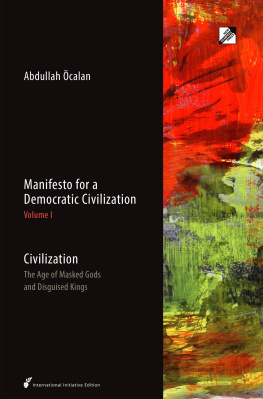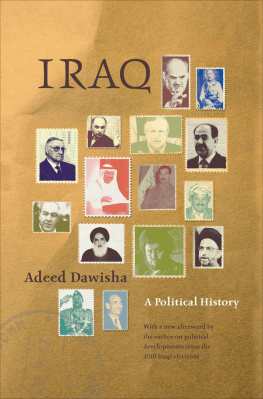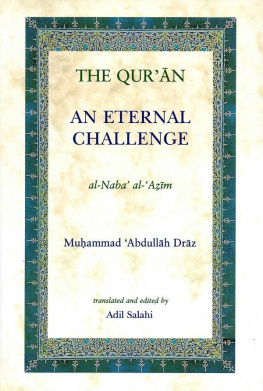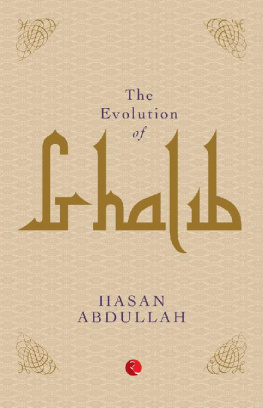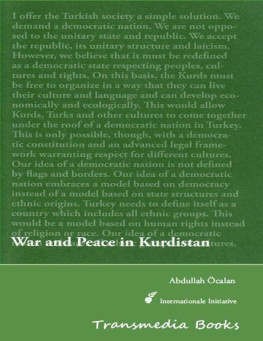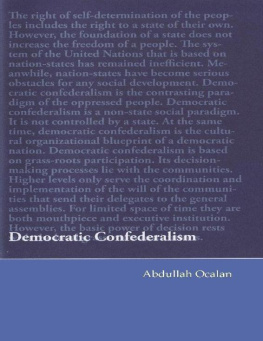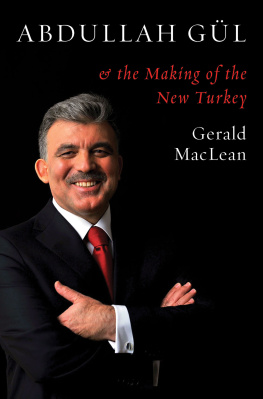A Short History of Iraq
A Short History of Iraq
SECOND EDITION
Thabit A.J. Abdullah
First published 2003 by Pearson Education Limited
First edition published 2003
Second edition published 2011
Published 2013 by Routledge
2 Park Square, Milton Park, Abingdon, Oxon OX14 4RN
711 Third Avenue, New York, NY 10017, USA
Routledge is an imprint of the Taylor & Francis Group, an informa business
Copyright 2003, 2011, Taylor & Francis.
The right of Thabit A.J. Abdullah to be identified as author of this work has been asserted by him in accordance with the Copyright, Designs and Patents Act 1988.
All rights reserved. No part of this book may be reprinted or reproduced or utilised in any form or by any electronic, mechanical, or other means, now known or hereafter invented, including photocopying and recording, or in any information storage or retrieval system, without permission in writing from the publishers.
Notices
Knowledge and best practice in this field are constantly changing. As new research and experience broaden our understanding, changes in research methods, professional practices, or medical treatment may become necessary.
Practitioners and researchers must always rely on their own experience and knowledge in evaluating and using any information, methods, compounds, or experiments described herein. In using such information or methods they should be mindful of their own safety and the safety of others, including parties for whom they have a professional responsibility.
To the fullest extent of the law, neither the Publisher nor the authors, contributors, or editors, assume any liability for any injury and/or damage to persons or property as a matter of products liability, negligence or otherwise, or from any use or operation of any methods, products, instructions, or ideas contained in the material herein.
ISBN 13: 978-1-4058-5937-0 (pbk)
British Library Cataloguing in Publication Data
A CIP catalogue record for this book can be obtained from the British Library
Library of Congress Cataloging in Publication Data
Abdullah, Thabit.
A short history of Iraq/Thabit Abdullah. 2nd ed.
p. cm.
Includes bibliographical references and index.
ISBN 978-1-4058-5937-0
1. IraqHistory. 2. IraqPolitics and government. I. Title.
DS70.9.A23 2010
956.7dc22
2010017110
Set by 35 in 9/13.5pt Stone Serif
To my father, Dr Abdul-Jabbar Abdullah, a scientist, poet and Iraqi patriot.
And to the woman who made him what he was, my mother, Kismet al-Fayadh.
Contents
In the first edition of this book published in 2003, I wrote the following:
As these lines are being written, American and British troops seem on the verge of completing their conquest of Iraq. This event will certainly prove to be a major turning point in the countrys history requiring an additional chapter to the present work in the future.
The present second edition fulfills this requirement by adding a chapter on Iraq after the American invasion. Once again, as I write the final lines of this edition, I cannot help but feel that the book is still incomplete as the country remains stuck in a struggle to define its new shape. In March, 2010, after I had already submitted the new draft, the country held its third national election. The fact that another election was held under conditions of terrible social and economic strife, is testimony to the resilience of the Iraqi people and the fact that they have not completely succumbed to the forces threatening to tear them apart. The elections also produced some surprising results. While many of the old sectarian-based alliances still appear, the two main challengers, (AyyadAllawi and Nouri al-Maliki), have had to significantly broaden their coalitions. This was particularly true of Allawis Iraqi National Movement which came in first with nearly a quarter of all the votes cast. Voters tended to punish such strongly sectarian groups as the Shii Islamic Supreme Council of Iraq (ISCI) which came in a distant third. Even the normally solid Kurdish alliance appeared to crack with new groups like Goran challenging the once unassailable dominance of the Kurdish Democratic Party and the Patriotic Union of Kurdistan. This, of course, does not mean that Iraq has successfully overcome the treat of sectarianism and fragmentation but there are positive signs that the political debate is shifting towards a focus on national rather than sectarian issues. The strong showing by Allawis list, however, also points to the resurgence of the Bathists. Sunni and ShiiBathists who had felt disenfranchised and isolated formed a major part of his coalition. There is little doubt that this group, thought to have been marginal and unpopular, will play a greater role in shaping the nature of the country.
I would like to thank the many people and institutes who have assisted me in the writing and publication of this work. Dina Khoury, a friend and one of the best historians of Iraq, initially recommended me to the editor. Gordon Martel, who asked me to write this work, made several helpful suggestions to the first edition, as did Haitham Abdullah who also did an excellent job editing a major part of the text. Alex Whyte edited the final draft of the first edition. Heather McCallum, Bree Ellis and Melanie Carter of Pearson Education ran the complicated administrative and editorial work smoothly and efficiently. In Damascus, the Institut Francais dEtudes Arabes de Damas provided me with first rate research facilities. Edouard Metenier, who made suggestions to the third and fourth chapters, and Vanessa van Renterghem, who made suggestions to parts of , are both destined to become excellent historians of Iraq. I wish to also thank Christina Wipf Perry, Jessica Harrison and Natasha Whelan of Pearson Education for publishing the present second edition. They have had to endure my numerous delays and I am grateful for their patience. Most importantly, my heartfelt thanks to my wife Samera for her support, and our two children Yasmine and Rami who will one day grow up to be proud of their Iraqi heritage.
We are grateful to the following for permission to reproduce copyright material:
Tables
from The Old Social Classes and Revolutionary Movements of Iraq: A Study of Iraqs Old Candid and Commercial Classes and of its Communists, Bathists and Free Officers, Princeton University Press (Batatu, Hanna 1978) p.106, (c) 1978 Princeton University Press. Reprinted by permission of Princeton University Press.
Text
Poetry on page 112 from Modern Arabic Poetry: An Anthology, Columbia University Press (ed. Jayyusi, S. K. 1987) p.80, Copyright (c) 1987 Columbia University Press. Reprinted with permission of the publisher; Poetry on page 115 from Placing the Poet: Badr Shakir al-Sayyab and Postcolonial Iraq, State University New York Press (Deyoung, T. 1998) p.15
Internal photos
Corbis/epa
Colour plates
Plate 1 Thabit A.J. Abdullah; Plate 2 akg-images Ltd: Gerard DeGeorge; Plate 5 GNU Free Documentation license; Plate 6 T SGT John L Houghton Jr, USAF; Plate 7 Corbis: Ben Curtis/Reuters; Plate 8 Reuters: Thaier Al-Sudani
In some instances we have been unable to trace the owners of copyright material, and we would appreciate any information that would enable us to do so.




